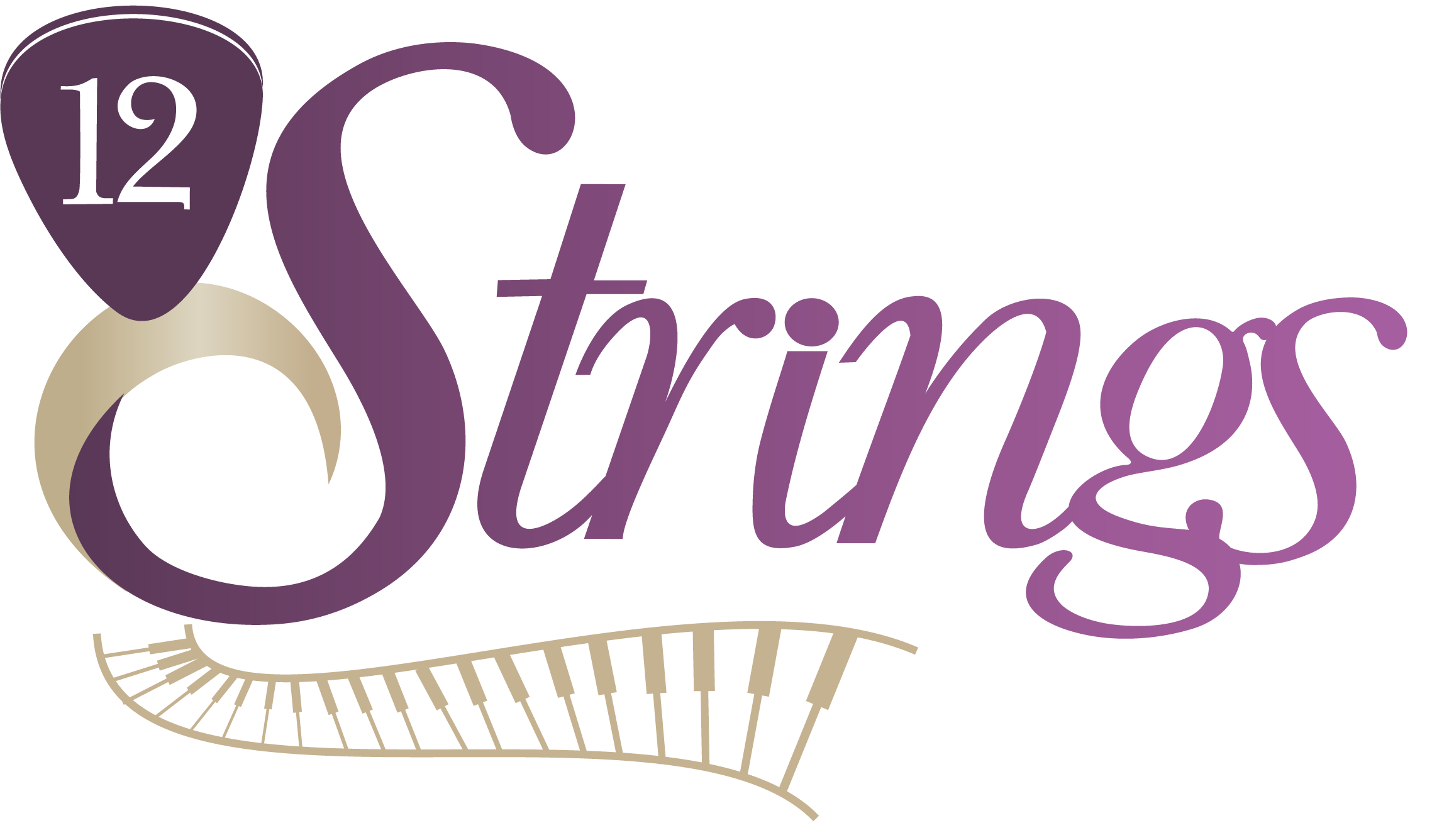Have you ever heard the phrase practice makes perfect? Well just because you spend the right amount of time practicing does not mean that you are doing the right kind of practice. Most people know that to improve they need to practice. But what a lot of people do not realise is that the way you practice and the things you concentrate on while doing so are just as important. If you are trying to play a song and you just can’t get it right it is likely that you have not developed the technique to perform the song. So instead of going over the song again and again, it is better to focus on perfecting the technique that will make it possible to play the song.
If you were going on a journey to a place that you had never been before, how would you get there? Most people would try to find out about the place they were going. Or get a map. Or even find a person to give you directions. This is exactly how we should view learning an instrument.
Planning the journey
Practicing is often overlooked when budding musicians begin learning their instrument. They think if they practice for a certain amount of time regularly then they will become great musicians. This is only partly true. Yes, if you do regular practice then you will improve. But you may not improve as quickly as you could if you had practiced correctly.
So how do you practice the correct way? The first thing you need on a journey is to choose a destination. So what is your destination? Your destination is your musical goal. What piece of music or level of musicianship do you want to achieve? So pick a goal – pick a target to aim at. We need to understand the things we need to know and the skills we need to reach our destination. So make a list of all of these things. Once you have the list you can start working on gaining these abilities.
Mapping it out
So how will we get to where we are going? We need a map or directions to get to our destination and this is the part where most people fall off. We all have our goals and we all have an idea in our heads of where we want to end up but very few people have a clear idea of how to get there. So let us look at the route to our goals. If we make the route as detailed and clear as possible then it will make it easier for us to find our way. We already have a list of skills that we need to acquire so now we have to make a plan to achieve them. The best way to do this is to find the key points of the techniques to work on and spend time concentrating on them to get them right.
What counts as a key point? These are the steps involved in a technique that make the technique possible. If you do not perform the key points well, then the technique will be harder to perform. Each technique will have key points – these points could be something as simple as how you hold your thumb, or how you move your fingers or even what your inactive fingers do. Now to identify these practice points you may need some directions. You can get these directions from books, online or even from a teacher, but make sure they are very detailed as this will make it easier to plan out your journey. The key is knowing exactly what needs to be done step by step to learn the technique.
Check back soon for the next part of this article.
www.12strings.com.au/piano-lessons
www.12strings.com.au/guitar-lessons
www.12strings.com.au/bass-lessons
www.12strings.com.au/ukulele-lessons
